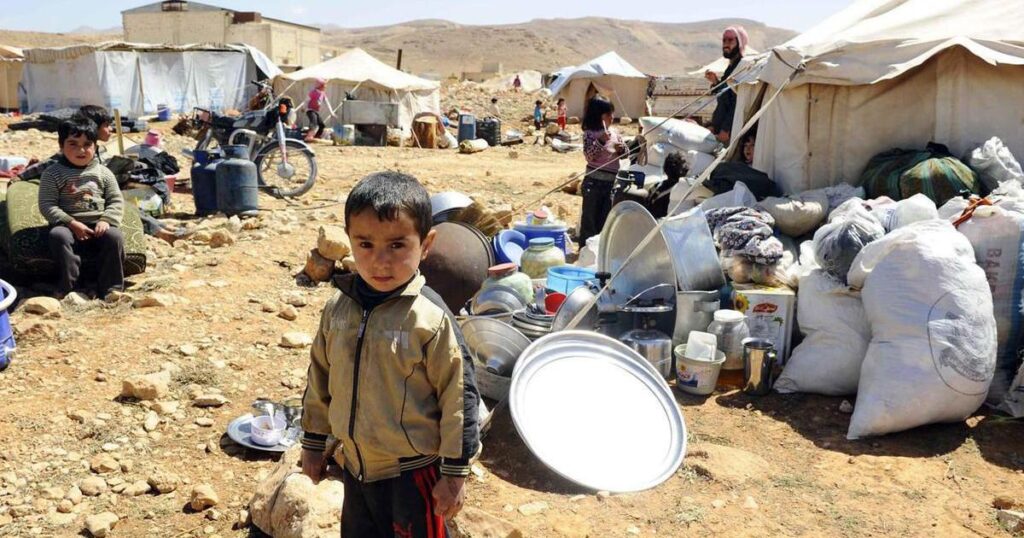Beirut – Lebanese President Michel Aoun announced today, Wednesday, that his country will start resettling Syrian refugees in stages, despite concerns made by human rights organisations regarding their safety while discussing the abuses that Syrian regime forces subject them to.
In terms of population, Lebanon is the country with the most refugees in the entire globe. The more than six million people living there, according to the government’s estimation, include roughly one million people.
5 million Syrian refugees have fled their country, which is far less than the number reported to the UN High Commissioner for Refugees.
Issam Sharaf Al-Din, the minister of the displaced in Lebanon, proposed in July a plan to send 15,000 refugees back to Syria each month, citing the country’s relative safety more than a decade after the start of the war.
The plan will not include any role for the United Nations High Commissioner for Refugees, which insists that the conditions in Syria do not allow the return of refugees on a large scale.
According to Human Rights Watch, a New York-based organisation, Syria “far far from ensuring security and safety for returnees.”
“The Syrian refugees who returned between 2017 and 2021 from Lebanon and Jordan have faced severe human rights violations and persecution by the Syrian government and its militias,” she wrote to Fakih, Director of the Middle East Department at Human Rights Watch, in a publication.
Like Syrian refugees in Lebanon, which served as a political talking point during the May 15 parliamentary elections.
Naguib Mikati, the leader of the interim administration, urged international cooperation with Lebanon in order to repatriate the refugees from Syria last June. “Otherwise, Lebanon will have a position that is not desirable for the Western countries, which is to work to remove them by legal means by implementing Lebanese laws firmly.
Abdullah Bou Habib, the caretaker prime minister of Lebanon, who is also the minister of foreign affairs, previously stated that “his country will not cooperate with the Europeans regarding the keeping of Syrian refugees in the absence of any European road map for the end of the Syrian asylum in Lebanon.
Those familiar with the Syrian asylum file believe that the failure of Lebanon to sign the international refugee agreement is one of the reasons for the crisis.
The Syrians are also given the status of displaced people in Lebanon rather than refugees.
According to Lebanon’s legal system, referring to Syrians as “displaced” robs them of rights like immunity from deportation and lessens the Lebanese government’s obligation to provide for their needs.
Despite worries about human rights, Lebanon agrees to send the Syrian refugees home.

